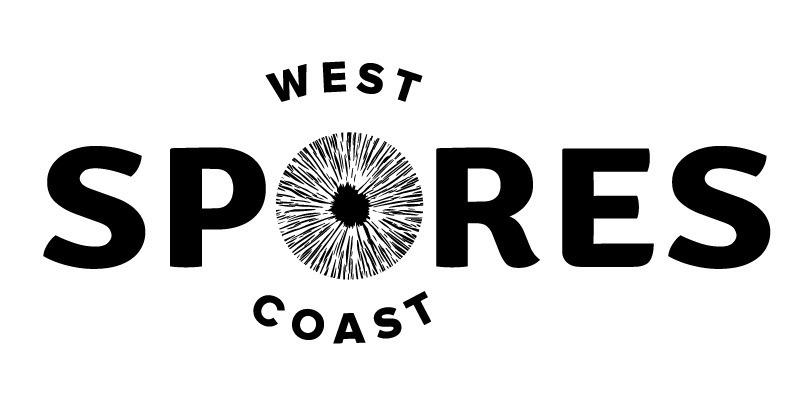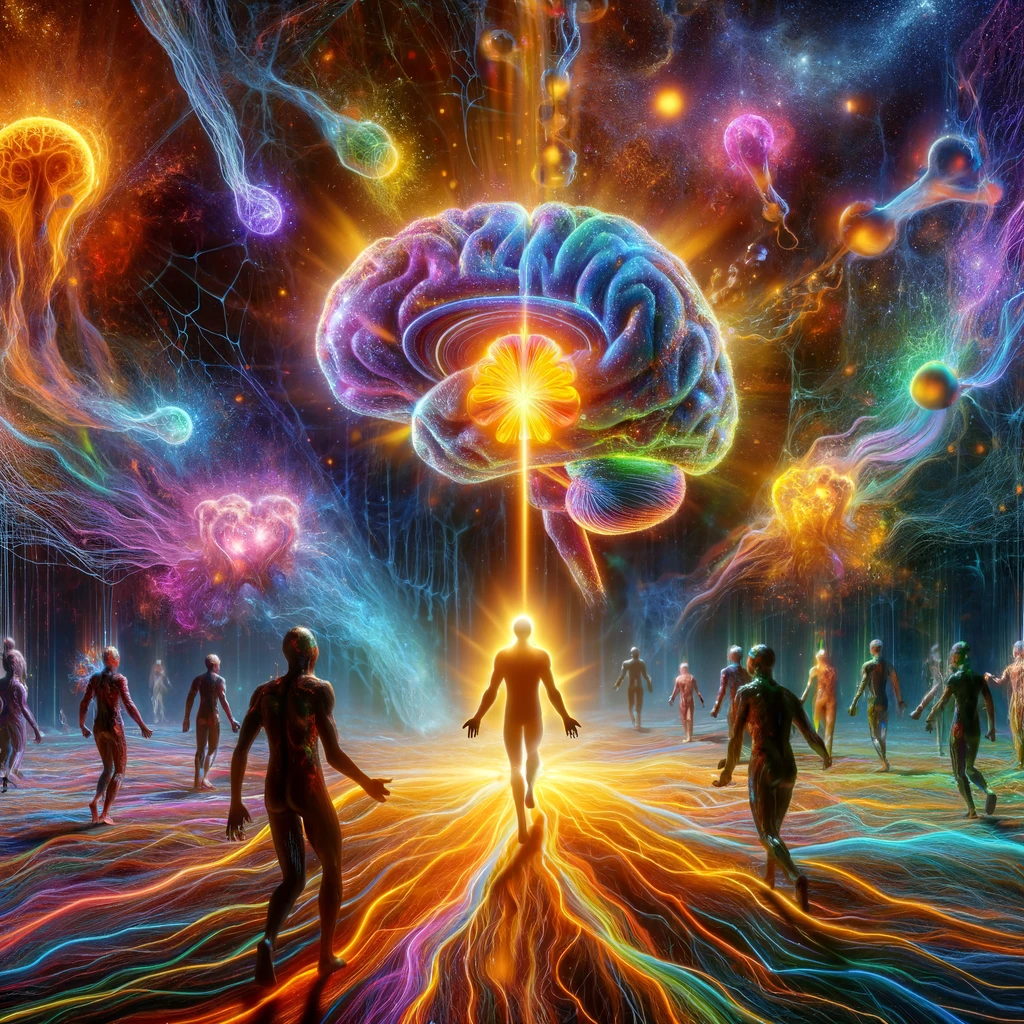In recent years, the realm of mental health treatment has witnessed a significant paradigm shift, with psychedelic mushrooms emerging as a beacon of hope for individuals battling chronic mental health issues. This blog dives into the therapeutic benefits of psychedelic therapy, particularly focusing on the use of psilocybin, the active compound in psychedelic mushrooms, in treating conditions such as depression, PTSD, and alcohol dependency. We explore relevant studies and scientific evidence that underscore the potential of these natural compounds in revolutionizing mental health care.
The Science Behind Psychedelic Mushrooms Psychedelic mushrooms, also known as “magic mushrooms,” contain psilocybin, a naturally occurring psychedelic compound. Upon ingestion, psilocybin is converted into psilocin, which is known to produce profound changes in perception, mood, and thought. Scientific studies suggest that psilocybin therapy can lead to significant and lasting changes in brain function, potentially resetting the brain’s activity patterns that contribute to various mental health conditions.
Depression and Psychedelic Therapy One of the most promising areas of psychedelic therapy is its application in treating depression. A landmark study published in the Journal of Psychopharmacology found that psilocybin therapy produced rapid and substantial reductions in depressive symptoms in individuals who had not responded to conventional treatments. The mechanism behind this effect is thought to involve the drug’s ability to increase brain connectivity and plasticity, allowing patients to break free from the rigid thought patterns associated with depression.
PTSD and the Role of Psychedelic Mushrooms Post-traumatic stress disorder (PTSD) is another condition that has shown responsiveness to psychedelic therapy. Research indicates that psilocybin, alongside psychological support, can help individuals process traumatic memories in a safe and controlled environment, reducing the severity of PTSD symptoms. A study in the American Journal of Psychiatry highlighted the potential of psilocybin to significantly reduce PTSD symptoms, suggesting a promising new treatment avenue for those affected by trauma.
Combating Alcohol Dependency with Psilocybin Alcohol dependency is a pervasive issue, with traditional treatments often falling short. However, psychedelic therapy offers a novel approach. A study in the Journal of Psychopharmacology reported that individuals undergoing psilocybin therapy experienced reduced cravings and decreased alcohol consumption. This effect is attributed to psilocybin’s ability to disrupt maladaptive neural networks, facilitating a shift in behavior and mindset towards alcohol use.
Safety and Considerations While the therapeutic benefits of psychedelic mushrooms are compelling, it’s important to approach this treatment option with caution. Psilocybin therapy should be conducted under the guidance of trained professionals, within a regulated and supportive setting, to ensure safety and effectiveness. Ongoing research and clinical trials continue to shed light on the optimal use of psychedelic therapy in mental health treatment.
The resurgence of interest in psychedelic mushrooms for therapeutic use marks a significant turning point in mental health treatment. With mounting evidence supporting their benefits for conditions like depression, PTSD, and alcohol dependency, psychedelic therapy stands out as a promising alternative to conventional treatments. As we continue to explore and understand the full potential of psychedelic mushrooms, it’s clear that they could play a crucial role in shaping the future of mental health care.

